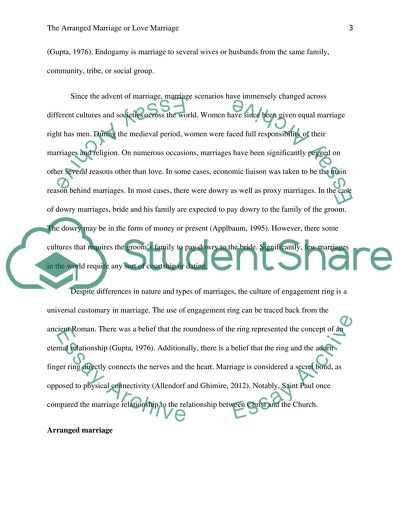Cite this document
(“The Arranged Marriage or Love Marriage Research Paper”, n.d.)
Retrieved from https://studentshare.org/english/1462775-the-arranged-marriage-or-love-marriage
Retrieved from https://studentshare.org/english/1462775-the-arranged-marriage-or-love-marriage
(The Arranged Marriage or Love Marriage Research Paper)
https://studentshare.org/english/1462775-the-arranged-marriage-or-love-marriage.
https://studentshare.org/english/1462775-the-arranged-marriage-or-love-marriage.
“The Arranged Marriage or Love Marriage Research Paper”, n.d. https://studentshare.org/english/1462775-the-arranged-marriage-or-love-marriage.


